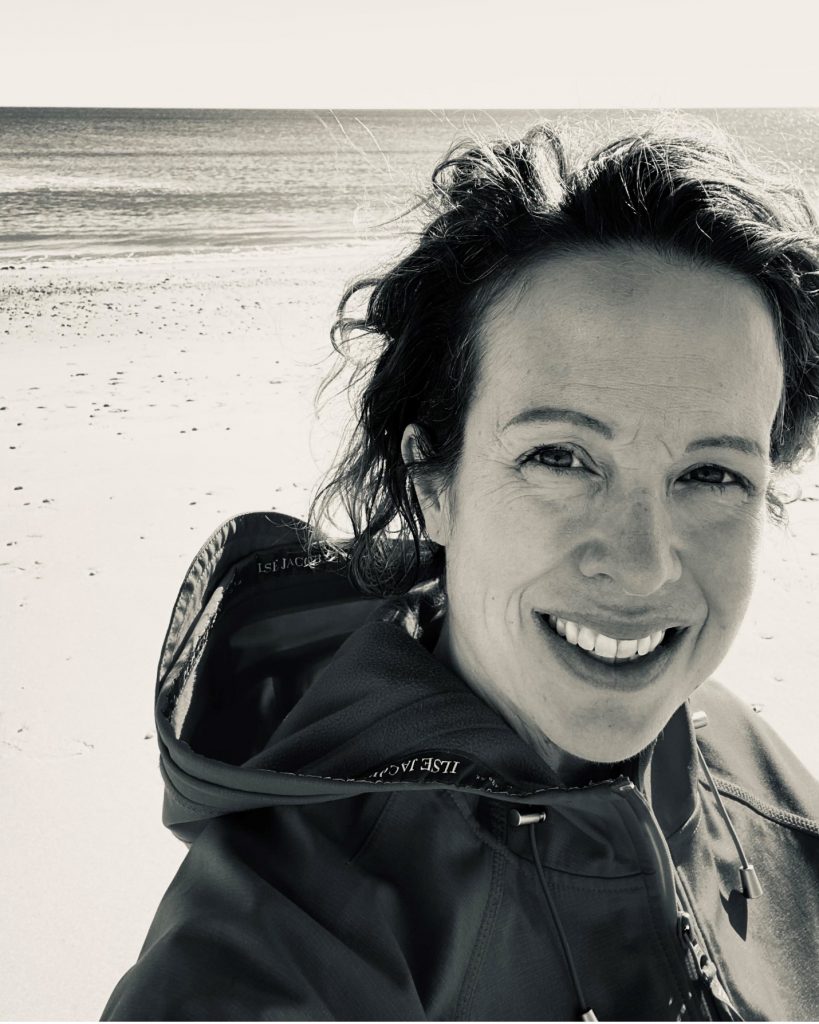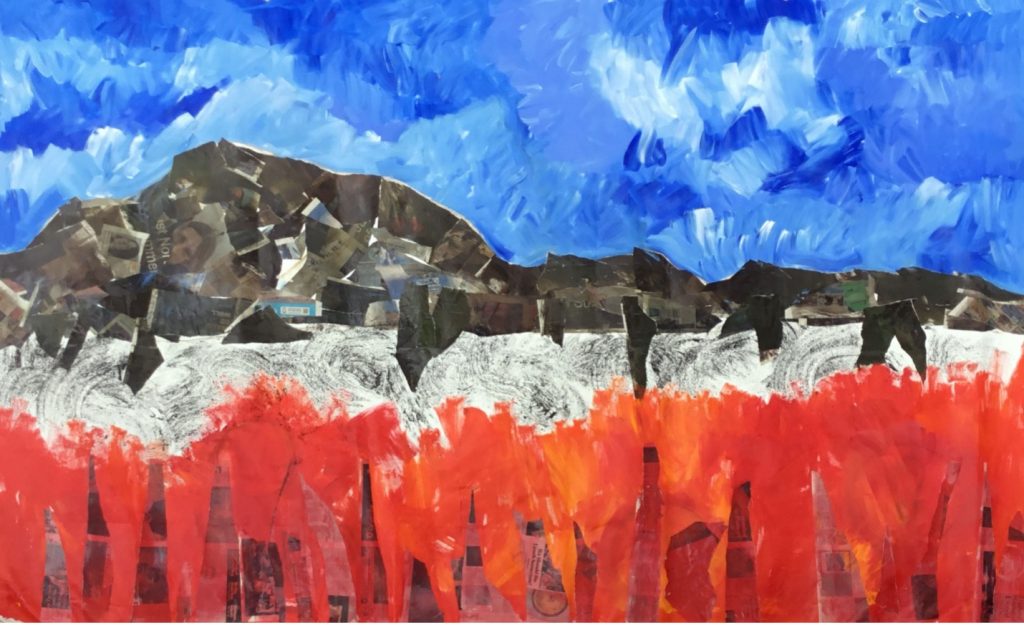In this Featured Member series, AATA celebrates the work of our members. During the coronavirus pandemic, we are inviting members to share their experiences about how their professional and personal lives have changed.
March 25, 2021
Tell us about yourself
 In 2014, I became disheartened with my career as a creative in corporate America. My ancestors were social workers who fiercely rooted their work in civic and social action. I couldn’t ignore the calling any longer, so I quit my job and started working with a refugee resettlement agency in Bridgeport, CT.
In 2014, I became disheartened with my career as a creative in corporate America. My ancestors were social workers who fiercely rooted their work in civic and social action. I couldn’t ignore the calling any longer, so I quit my job and started working with a refugee resettlement agency in Bridgeport, CT.
Recognizing my history as an artist, the agency asked me to conduct art workshops with individuals from Uganda, Tanzania, and the Democratic Republic of Congo (DRC). I fell in love with the work and the people immediately. With a significant language barrier, art became our primary method of communicating. Eventually, I noticed distressing images emerging in clients’ artwork, which I later attributed to complex war trauma. I promptly returned to school to pursue a graduate degree in art therapy.
In 2016, I founded Art in Common, Inc, a 501(c)(3) community outreach charitable organization whose mission is to promote creativity, increase community awareness around critical social issues, and foster connection across populations. Our foundational tenet posits that creative connection focusing on what we share facilitates compassion and understanding.
I am currently serving as President of the Connecticut Art Therapy Association (CATA) where I have been involved for several years, with Em Reim Ifrach, LPC, CLAT, ATR-BC as a passionate and inspiring mentor. It has been rewarding and challenging work. I work at a practice committed to social justice, fighting systemic oppression and injustices, and healing trauma through conscientious care. I am also co-writing a chapter on Police Brutality for the upcoming book “Shared Mass Trauma in Social Work: Implications and Strategies for Resilient Practice.” You can find out more about my work or contact me at www.aimeejette.com.
What has changed in your work during the COVID-19 global crisis?
Establishing boundaries around working hours, since work is quite literally at home full-time.
In what ways have your clients been impacted by COVID-19? How are you managing your own stress related to their experiences?
Yes, care has increased. The changes in the telehealth laws have made it possible for moms and kids to make sessions they might not otherwise make. For that I am tremendously grateful. As for my own self care routine, I have several hours blocked off each morning that I schedule as PLAY. I light candles, journal, make pigments, paint, meditate, play. I am fiercely protective of this time and when I don’t engage in it, I feel off that day!
How have race related issues, social justice, and racism informed or impacted your work as an art therapist?
I started out in the Spring of 2020 on a resiliency project that focused on law enforcement, helping them cope with the stress of the pandemic and BLM protests. Since then I’ve done a ton of writing and research on police brutality. The work has changed my view rather dramatically. I no longer feel that is the best approach to impacting the system. I explore this further in the chapter that I mentioned earlier.

“Hekla“ by Aimee Jette. Acrylic and collage. August 2017.
.
